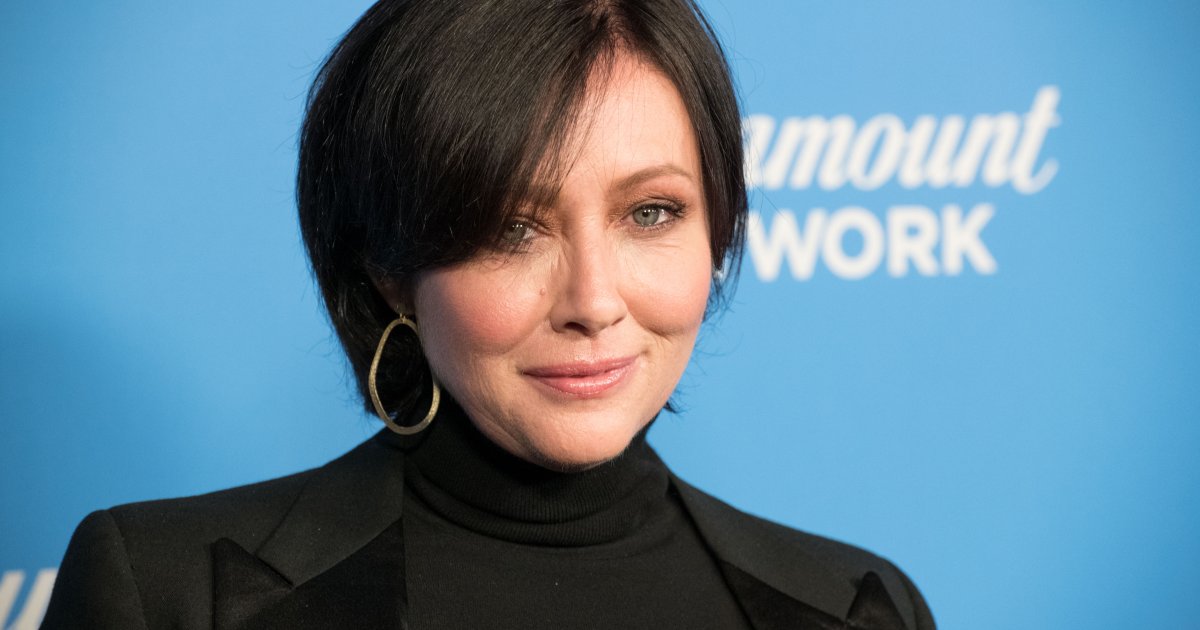Shannen Looks Back
- As she battles metastatic breast cancer, actress Shannen Doherty, 49, shared a throwback picture of herself as a kid, writing: ‘Mood.’
- Doherty was first diagnosed with breast cancer in 2016, and it went into remission following treatment; in February 2020 the cancer returned and it spread to other parts of her body.
- Coping with a cancer diagnosis can be helped with tools like therapy and support groups.
View this post on Instagram
Shannen’s Breast Cancer Battle
Doherty was first diagnosed with breast cancer in 2016 and underwent surgery, radiation therapy, and chemotherapy to treat her disease. Following treatment, the disease went into remission. But in February 2020, the actress shared that her breast cancer had returned, and this time, it metastasized. Metastatic breast cancer means that it has spread to other parts of the body.
Dr. Elizabeth Comen, a Medical Oncologist at Memorial Sloan Kettering, said in a previous interview, “When a woman’s been diagnosed with metastatic breast cancer and I treat a lot of women with metastatic breast cancer one of the first things I think about is: How is that woman coming into my office?”
Related: Treatment for Early Stage Triple-Negative Breast Cancer
Dr. Comen explains that she thinks about the path of the cancer. “Was this metastatic site potentially incidentally found? Or is this a woman that’s really sick? [Is she] coming in jaundiced? Meaning yellow, because the cancer is affecting her liver. These are the things I first think about. Because it helps me determine what we need to do right upfront. Do we need to be very aggressive and do chemotherapy? Or would this woman benefit from some other medication?”
Management of Metastatic Breast Cancer
Coping with a Cancer Diagnosis
For Doherty and others facing a cancer diagnosis, it can be overwhelming at times. It’s important to surround yourself with strong support networks and arm yourself with the tools needed to undergo the cancer journey.
Some people may find that formal, outside support beyond friends and family can be beneficial to process the emotions that accompany cancer, which can include grief, depression, and anxiety. Therapy is an extremely useful source of support and outlet for processing those emotions.
Camila Legaspi, who lost her mother to breast cancer when she was only in high school, calls the decision to go to therapy “a lifesaver.” Legaspi said, “Therapy saved my life. I was dealing with some really intense anxiety and depression at that point. It just changed my life, because I was so drained by all the negativity that was going on. Going to a therapist helped me realize that there was still so much out there for me, that I still had my family, that I still had my siblings. The reality is, is when you lose someone, it’s really, really, really hard. And it’s totally OK to talk to someone.”
"Therapy Saved My Life": After Losing A Loved One, Don't Be Afraid To Ask For Help
Learn more about SurvivorNet's rigorous medical review process.

